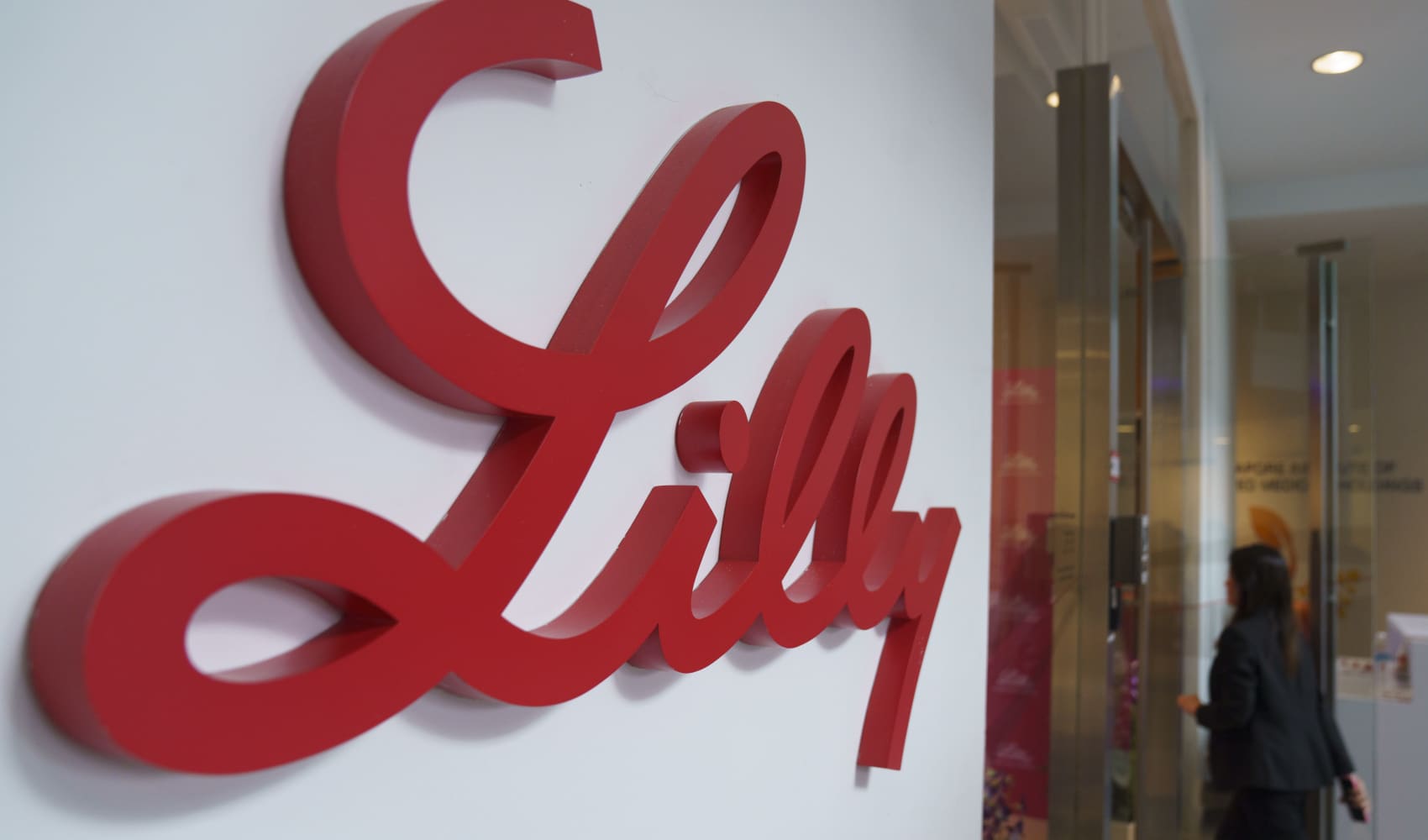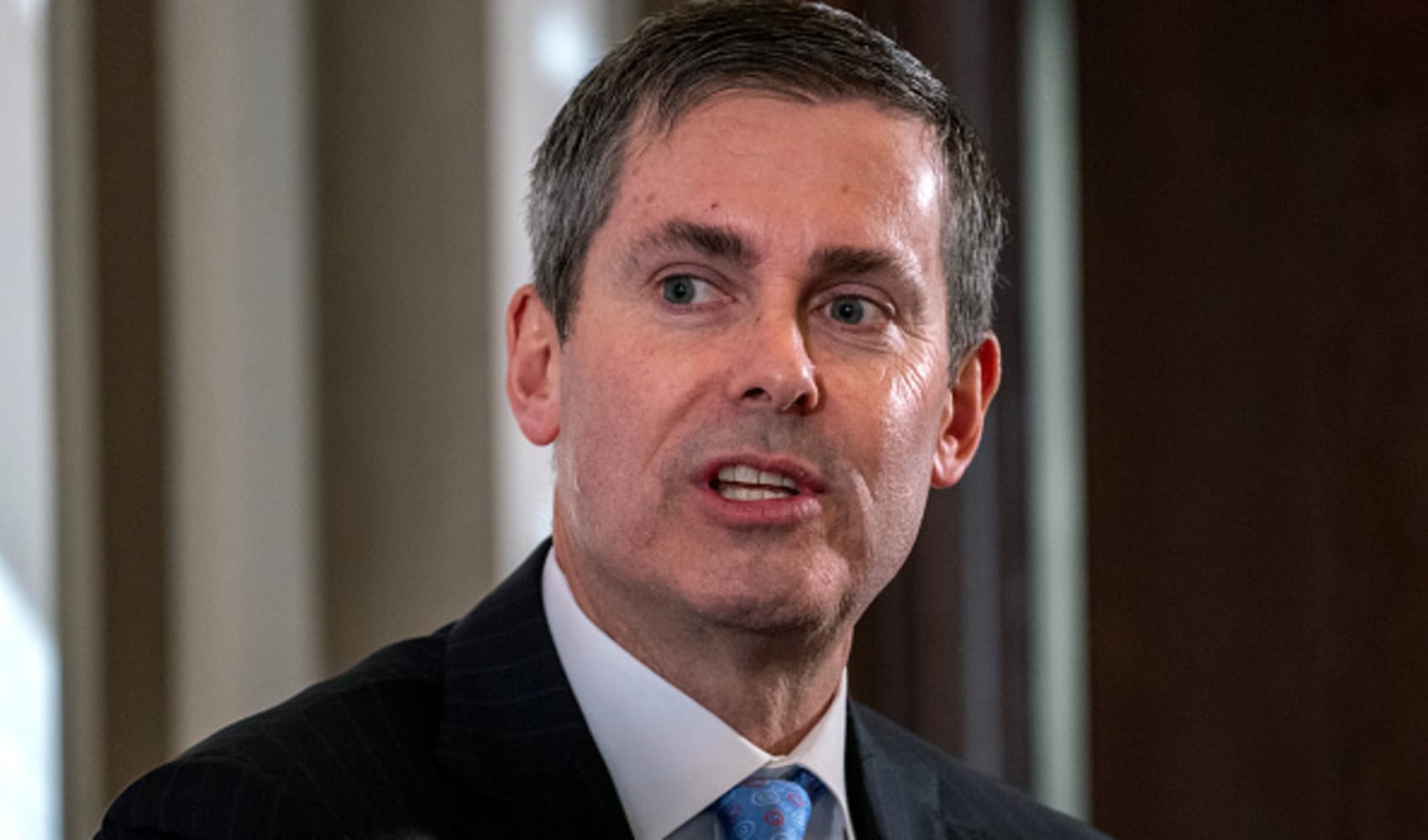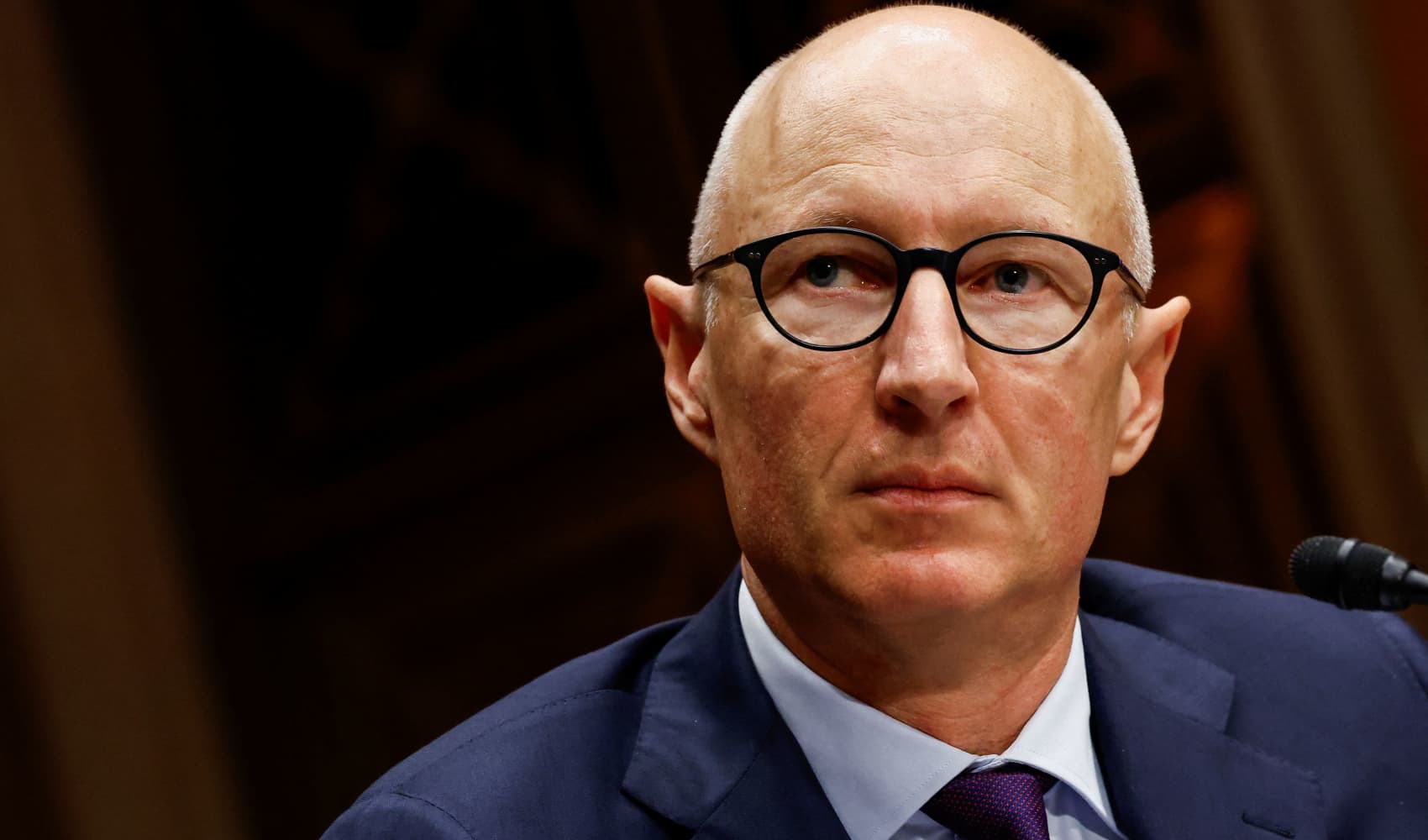Eli Lilly Sales Soar! Weight Loss Drug Demand Drives Growth
Eli Lilly Stock Soars on Weight Loss Drug Craze, Profit Outlook Dips
Introduction: Riding the Weight Loss Wave
Hold onto your hats, folks! The pharmaceutical world is buzzing, and Eli Lilly is at the center of it all. Imagine a rollercoaster – soaring high on the incredible demand for their weight loss drug, Zepbound, and diabetes treatment, Mounjaro, only to dip slightly due to a recent investment in a cancer treatment deal. That's the story we're diving into today. First-quarter earnings have blown past expectations, but the future profit outlook has been adjusted. Let's unpack what this means for investors, patients, and the overall landscape of the pharmaceutical industry.
Weight Loss Wonders: Zepbound and Mounjaro's Success
What's driving this surge? Two words: Zepbound and Mounjaro. These drugs are not just another drop in the ocean; they're making waves. Sales are skyrocketing, and demand is through the roof. But why?
The Science Behind the Sensation
Both Zepbound and Mounjaro work by mimicking hormones that regulate blood sugar and appetite. Think of it like sending a message to your brain saying, "I'm full!" This results in reduced food intake and, ultimately, weight loss. The effectiveness of these drugs is a major reason for their popularity.
Beyond Diabetes: Weight Loss Takes Center Stage
Initially developed for diabetes management, Mounjaro has proven its effectiveness in weight loss. Zepbound, specifically approved for weight management, has further fueled the frenzy. It's like having a two-pronged attack against obesity and related health issues.
Eli Lilly's Q1 Earnings: A Victory Lap
Eli Lilly just completed a victory lap, posting first-quarter earnings that not only met but exceeded expectations. This financial performance is largely attributed to the impressive sales figures of Zepbound and Mounjaro.
The Numbers Don't Lie
Revenue estimates were smashed, and earnings per share were higher than anticipated. This demonstrates the power of effective drugs in a market hungry for solutions to chronic health issues. It's like finding water in the desert.
Beating Expectations: A Sign of Strength
Outperforming forecasts sends a strong signal to investors and the market. It suggests that Eli Lilly is not just keeping up with demand but exceeding it, showcasing its operational efficiency and market strategy.
Profit Outlook: A Necessary Adjustment
Now, for the curveball: despite the fantastic earnings, Eli Lilly has lowered its full-year profit outlook. Why the change of heart? It all comes down to a strategic investment in a cancer treatment.
Cancer Treatment Deal: A Long-Term Play
Investing in cancer treatment research and development is not cheap. It's a long game, requiring significant upfront capital. While it might impact short-term profits, it's a move that could pay off handsomely in the long run.
Short-Term Sacrifice for Long-Term Gain
Think of it like planting a tree. You don't see immediate results, but with time and care, it grows into something substantial. Eli Lilly is betting that this cancer treatment deal will yield significant returns in the future, even if it means taking a hit to profits in the short term.
Navigating the Pharmaceutical Landscape: Challenges and Opportunities
The pharmaceutical industry is a complex beast. It's constantly evolving, facing new challenges and opportunities. What hurdles is Eli Lilly facing, and how are they navigating this ever-changing terrain?
Competition in the Weight Loss Market
Eli Lilly isn't the only player in the weight loss game. Other pharmaceutical companies are developing and marketing similar drugs. The competition is fierce, and staying ahead requires constant innovation and strategic marketing.
Regulatory Hurdles and Approval Processes
Getting a drug approved by regulatory agencies like the FDA is a lengthy and rigorous process. It involves clinical trials, data analysis, and extensive documentation. Navigating these hurdles is essential for bringing new drugs to market.
The Future of Weight Loss Drugs: What's Next?
What does the future hold for weight loss drugs like Zepbound and Mounjaro? Will they continue to dominate the market, or will new innovations emerge?
Personalized Medicine: Tailoring Treatments to Individuals
The future of medicine is increasingly personalized. Tailoring treatments to an individual's genetic makeup and lifestyle factors could lead to more effective and safer outcomes. Weight loss drugs are likely to follow this trend.
Beyond Pharmaceuticals: Holistic Approaches to Weight Management
While drugs can play a significant role in weight loss, they are not a magic bullet. A holistic approach that combines medication with lifestyle changes, such as diet and exercise, is often the most effective strategy.
Investor Implications: To Buy, Hold, or Sell?
For investors, the question is always: what do I do with my money? Is Eli Lilly a good investment, given the current situation?
Weighing the Pros and Cons
The soaring sales of weight loss drugs are a major plus, indicating strong growth potential. However, the lowered profit outlook due to the cancer treatment deal is a factor to consider. Investors need to weigh these pros and cons carefully.
Long-Term Growth Potential
While short-term profits might be affected, the investment in cancer treatment represents a long-term growth opportunity. If successful, this could significantly boost Eli Lilly's value in the future. Investing in pharmaceutical companies often requires a long-term perspective.
The Ethical Considerations: Accessibility and Affordability
The success of weight loss drugs raises important ethical questions about accessibility and affordability. Are these drugs available to everyone who needs them, or are they limited to those who can afford them?
Ensuring Equitable Access
Pharmaceutical companies, governments, and healthcare providers need to work together to ensure that effective treatments are accessible to all, regardless of their socioeconomic status. This may involve subsidies, price negotiations, or other strategies.
The Cost of Innovation
Developing new drugs is expensive, and pharmaceutical companies need to recoup their investments. However, there is a balance between profitability and accessibility. Finding this balance is crucial for ensuring that innovation benefits everyone.
Conclusion: A Balancing Act
Eli Lilly's story is a fascinating example of the complexities of the pharmaceutical industry. The company is riding high on the success of its weight loss drugs, but it's also making strategic investments that could impact its short-term profits. It's a balancing act, requiring careful planning, execution, and a long-term vision. The key takeaways are: strong demand for weight loss drugs is driving sales, a cancer treatment deal is impacting profit outlook, and the future holds both challenges and opportunities.
Frequently Asked Questions (FAQs)
- Why is Eli Lilly's stock price fluctuating?
The stock price fluctuations are likely due to the combination of positive news (strong weight loss drug sales) and negative news (lowered profit outlook). Market sentiment is influenced by both factors. - How do Zepbound and Mounjaro actually work?
These drugs mimic naturally occurring hormones in your body that regulate blood sugar and appetite. This leads to reduced food intake and subsequent weight loss. - Is the cancer treatment deal a good thing for Eli Lilly?
While it impacts short-term profits, it's viewed as a strategic long-term investment. If the cancer treatment proves successful, it could significantly boost Eli Lilly's future value. - Are weight loss drugs like Zepbound and Mounjaro safe?
Like all medications, they carry potential side effects. Patients should consult with their doctor to determine if these drugs are appropriate for them and to understand the risks and benefits. - Will these weight loss drugs be more affordable in the future?
This is an ongoing challenge. As patents expire and more generic versions become available, prices may decrease. However, new innovative drugs often come with a high price tag.



